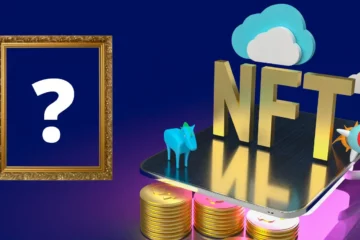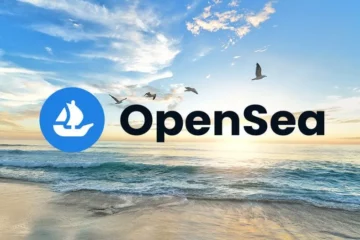Andrey Doronichev, a former director of products at Google, along with Roman Doronin and Vlad Vinogradov of the AI company EORA, created the startup Optic in January of this year, which helps to detect fake NFTs. The startup recently raised $11 million.
The idea to create Optic came to Doronichev quite by accident. He left Google last year to pursue music. In parallel with this, he began to explore the possibilities of web3 space technologies. He created a musical NFT and gave it to his friend, who, after a while, gave him a copy of the token with the phrase that everything is copied on the Internet.
Andrey Doronichev was surprised that there is such a gap where anyone can copy your NFT and pass it off as their own. After discussing this problem with representatives of OpenSea, he began to work on Optic.
You can only understand a fake in front of the user or the original at the wallet’s address. In the NFT space, there is no automatic way to verify a wallet.
As it turns out, many digital artists refuse to enter the NFT market because their work can be easily copied.
Teaming up with the guys from EORA, Doronichev decided to create a product that would verify new NFTs with those already existing on the blockchain.
“Then months without sleep began,” says Roman Doronin in an interview for Forbes magazine.
Then OpenSea was looking for a team to create a counterfeit search service for the site. The Optic project was ready by March and then won a tender from OpenSea.
The recent funding round included large investors from Kleiner Perkins, who also invested in Amazon, Google, and Twitter. The amount raised turned out to be too large, despite the inclement conditions in the venture capital market – five times more than American startups usually receive. Doronichev thought this move out as he foresaw the impending crypto winter.




